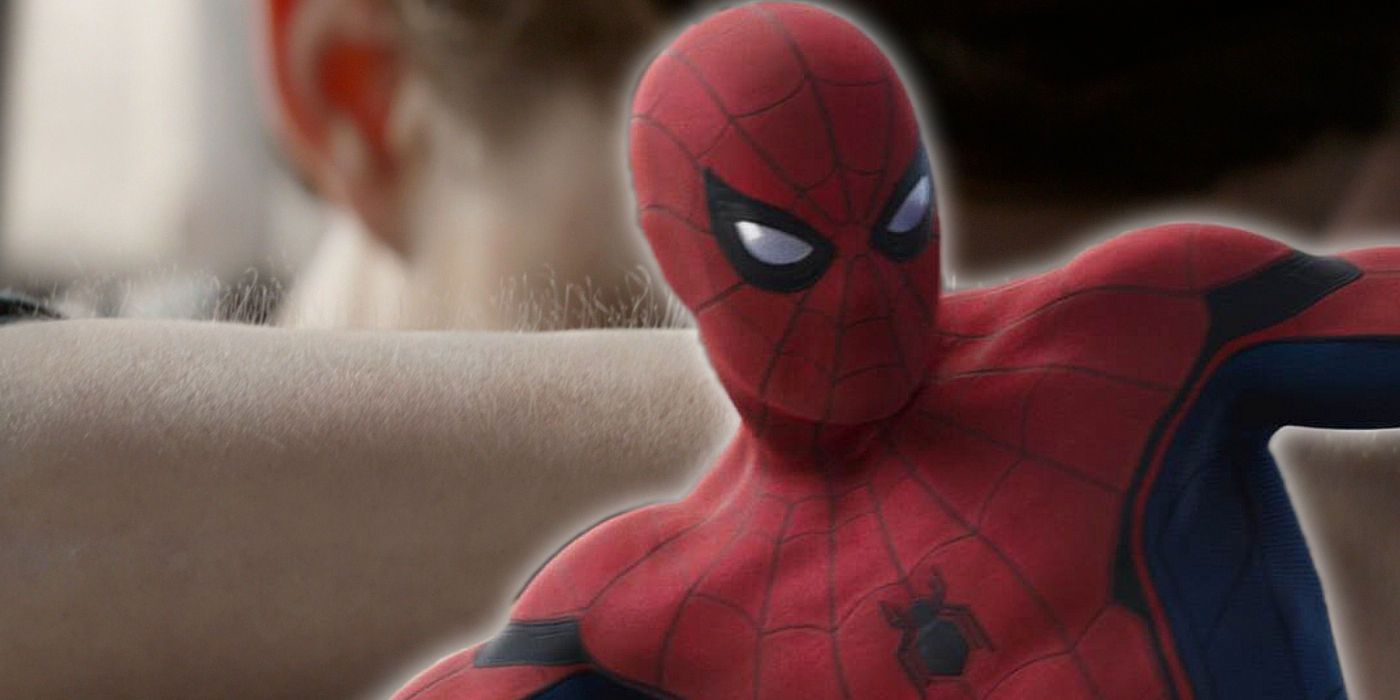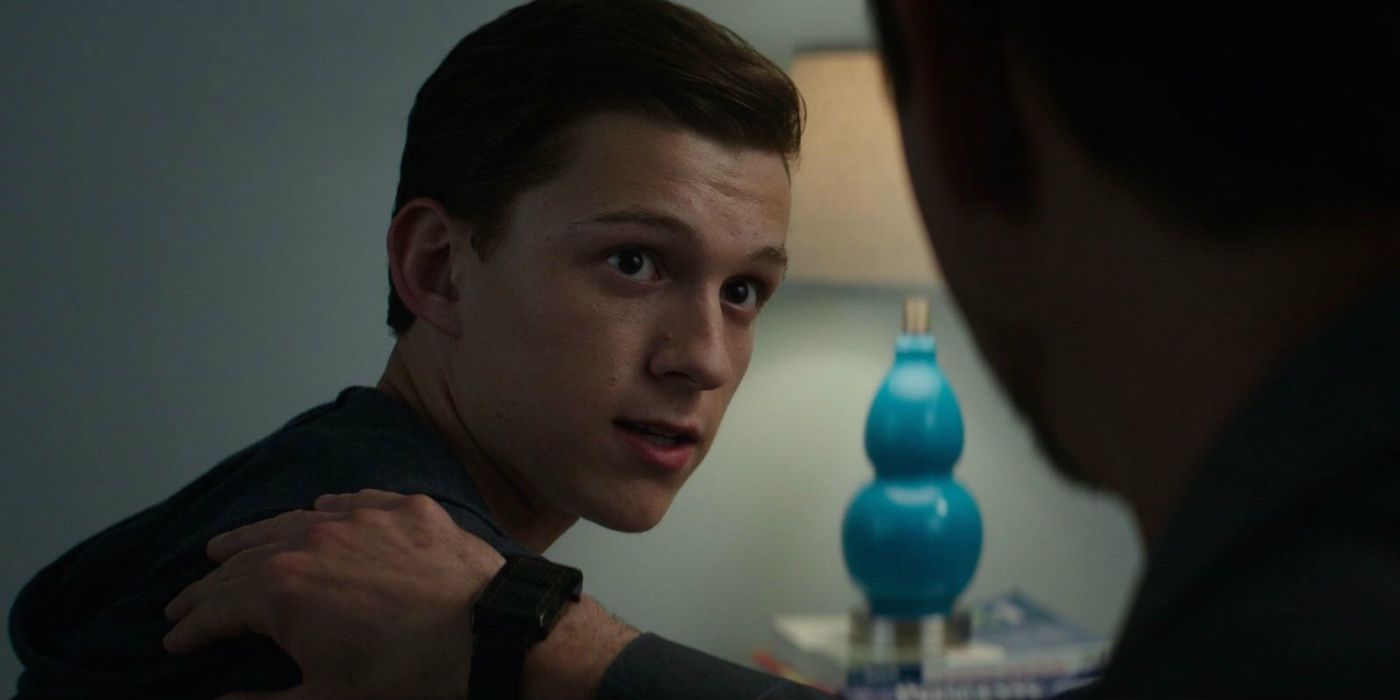Spider-Man's spider-sense was actually featured in Captain America: Civil War - twice. When Marvel Studios struck an unprecedented deal with Sony to incorporate a new version of Spider-Man into the MCU, they decided not to repeat anything that had been done before on the big screen. That's why Tom Holland's Spider-Man is younger than any previous iteration of Peter Parker, and it's why Marvel avoided retelling that famous origin story.
It also meant that Marvel chose not to focus on Spider-Man's spider-sense. In the comics, the spider-sense is a core part of Spider-Man's powerset, a preternatural sixth sense that warns him of danger. When Sony began making Spider-Man movies, they chose to make the spider-sense central to their portrayals, creating stunning slow-motion scenes that emphasized the sense of impending danger and the speed of Spider-Man's reflexes. Marvel Studios chose to ditch this approach, and it wasn't until Avengers: Infinity War that there was even an explicit nod to the spider-sense, with the hairs on Peter's arm standing on end as the Black Order ship arrived on Earth.
But on closer watch, just because Marvel hasn't focused on the spider-sense in previous films, it doesn't mean it wasn't there all along. It's worth remembering that the MCU's Spider-Man has struggled to master his powers in a way none of the other big-screen versions have. As he explained in Captain America: Civil War, all his senses have been "dialed to 11." He's struggling to cope with the sheer amount of input; and that potentially means he hasn't yet worked out how to handle this mysterious danger sense.
In actual fact, there are two scenes in Captain America: Civil War where Spider-Man's spider-sense appears to be in play. The Airport Battle really begins when Spider-Man enters the scene, stealing Captain America's shield and webbing up his hands. Though he doesn't know it, Captain America had figured that Iron Man's forces would somehow try to take his shield, and he'd planted Ant-Man on it as a surprise. It's easy to miss, though, but Spider-Man begins to react to Ant-Man's presence before Scott Lang sizes up. He knows that something is wrong, even if he hasn't got a clue what it is. That's a problem Spider-Man has frequently had in the comics, when his spider-sense warns him of danger but he can't figure it out in time to dodge it.
Later on, Spider-Man takes on Falcon and Winter Soldier. During the fight, there's a moment when he's engaging Falcon in a mid-air battle, telling Sam that he has the right to remain silent. Bucky attempts to intervene, ripping up a piece of furnishing and tossing it at Spider-Man - but the wall-crawler reacts at speed. "Oh, God," Peter gasps, the eyes of his mask widening just as they tend to when his spider-sense is triggered in the comics. He turns to see what's coming, and ducks under it, before catching it with webbing and throwing it straight back at the Winter Soldier. There's absolutely no way Spider-Man could have sensed that attack if not for his spider-sense.
Marvel Studios president Kevin Feige has confirmed that the MCU's Spider-Man does indeed have spider-sense, and it's since been visualized in Avengers: Infinity War. As Feige noted, "I think how we explore [the spider-sense] in a cinematic sense will change." In Captain America: Civil War, while the spider-sense was there, the action scenes weren't really from Peter's perspective and thus it wasn't the focus. It will be interesting to see what approach Jon Watts takes in Spider-Man: Far From Home now the spider-sense is officially out of the bag.



